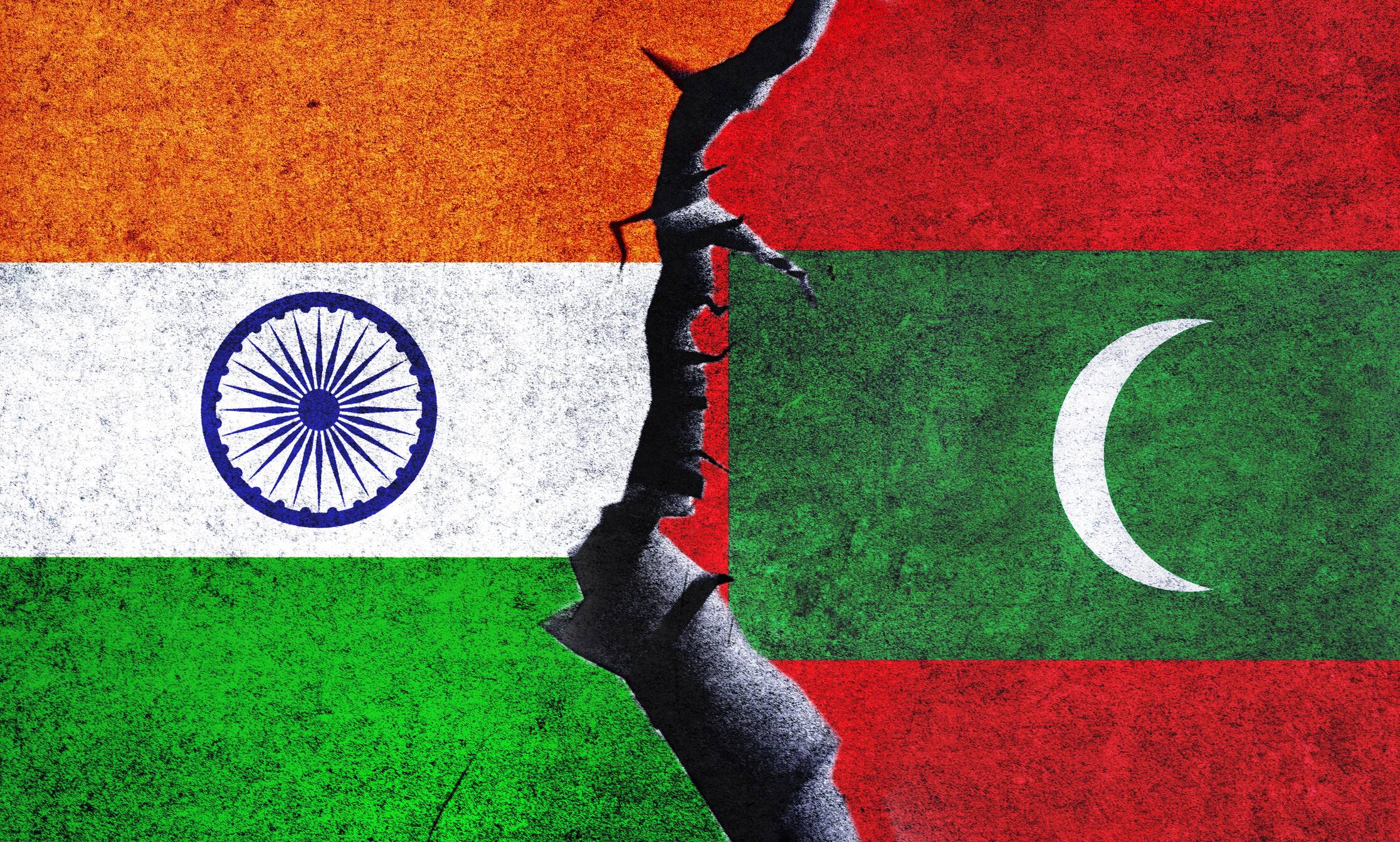
Posted On : Nov 7 2024
Unraveling the Maldives Anti-India Rhetoric: Navigating Diplomatic Challenges
The Maldives, an idyllic archipelago in the Indian Ocean, has long been known for its pristine beaches, vibrant coral reefs, and luxury resorts. However, in recent times, there has been a noticeable shift in diplomatic relations, marked by what some observers describe as an anti-India rhetoric emerging from the Maldivian political landscape.

Understanding the Background:
Historically, India and the Maldives shared a strong diplomatic relationship, with India playing a crucial role in aiding the Maldives during times of crisis. However, in recent years, there have been instances of strained ties, leading to speculations about an anti-India sentiment prevailing in the Maldivian government.
Factors Contributing to Anti-India Sentiment:
China's Growing Influence: One of the primary factors contributing to the perceived anti-India rhetoric is the increasing influence of China in the Maldives. China's investments in infrastructure projects and economic development have given rise to concerns in India about Beijing's expanding footprint in the Indian Ocean region.
Shift in Political Alliances: The Maldives has witnessed a shift in political alliances, with leaders expressing a desire to diversify diplomatic ties. This shift has been interpreted by some as a deliberate distancing from India, aiming to forge new partnerships and reduce dependence on traditional allies.
Domestic Political Considerations: Internal political dynamics within the Maldives may also play a role in the perceived anti-India sentiment. Leaders facing domestic challenges may find it politically expedient to adopt a more assertive stance against India, thereby diverting attention from internal issues.
Navigating Diplomatic Challenges:
India, recognizing the importance of maintaining regional stability, has adopted a nuanced approach to address the evolving situation in the Maldives. Diplomatic channels remain open, with both countries engaging in dialogue to address concerns and find common ground.
Economic Diplomacy: India continues to emphasize economic cooperation as a cornerstone of its relationship with the Maldives. By promoting mutually beneficial trade and investment, both countries can foster stronger ties that go beyond political rhetoric.
Cultural and People-to-People Exchanges: Strengthening cultural and people-to-people exchanges can contribute to building trust and understanding between the nations. Educational programs, tourism initiatives, and cultural exchanges can help bridge gaps and foster a sense of shared heritage.
Conclusion:
While the Maldives may be experiencing a shift in its geopolitical stance, it is crucial to approach the situation with a nuanced understanding of the underlying factors. Diplomatic channels, economic cooperation, and cultural exchanges remain pivotal in navigating the challenges posed by any perceived anti-India rhetoric, ensuring that the historical ties between the two nations endure and flourish in the face of evolving geopolitical dynamics.
No Comments Added




















